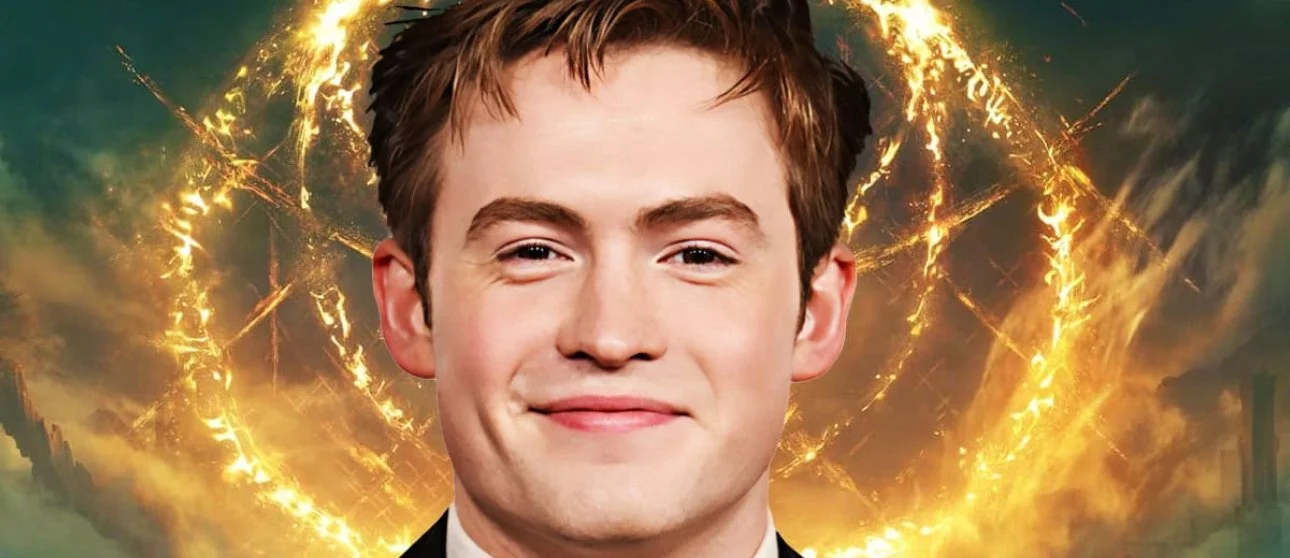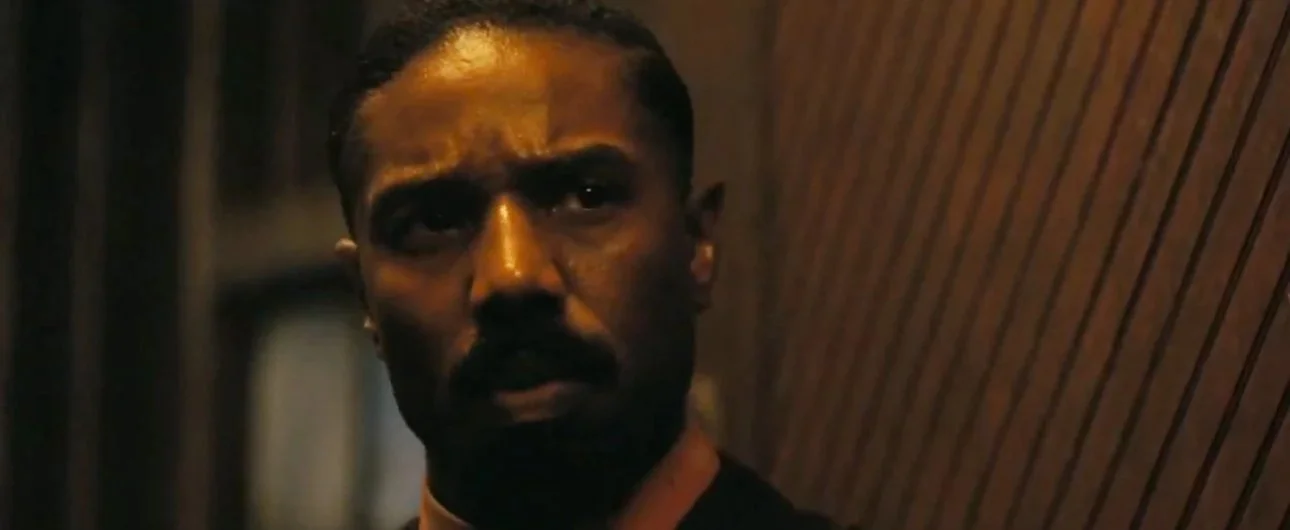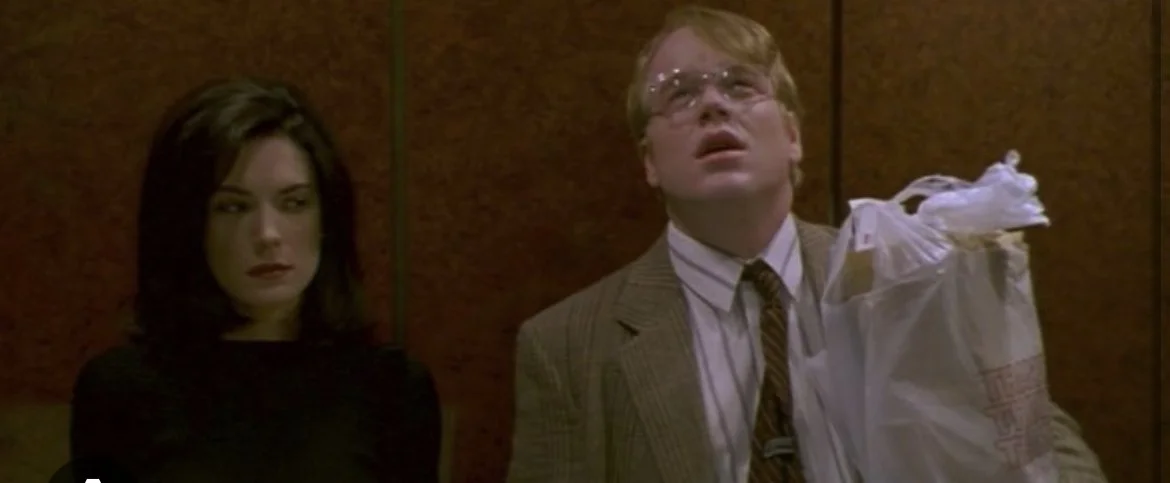Todd Solondz is a name you don’t hear much of these days, but he was once a major voices in the independent film movement — a fearlessly provocative figure who divided critics and audiences alike.
The Miami Herald’s Rene Rodriguez, a buddy of mine, screened Solondz’s sickly twisted “Happiness” for his film students last week. The reaction was, shall we say, of profound outrage:
Screened HAPPINESS for the students of my Dangerous Cinema class. Roughly half of them had a strongly negative gut reaction to it, but you could literally see them considering other perspectives during the class discussion.
A little over 25 years after its Cannes debut, this film still rattles people. It seems to have aged well.
Written and directed by Solondz, “Happiness” is often described as being one of the most disturbing films ever made. It had these great performances, including notable turns from Phillip Seymour Hoffman and Dylan Baker.
The film tackled pedophilia, murder, rape, depression, abuse, and loneliness — all seen via the mundane nature of suburban American life. In its mosaic depiction of unhappy people, it also illustrated how we can be responsible for the anguish of others.
Most of all, “Happiness” was about the depravity of human nature or, as Roger Ebert described it, “the abyss of human despair.” As with all of Solondz’s films, it is one filled with repulsive characters, but, amidst the disturbing nature of the film, he also managed to find poignancy in the repulsion. That’s art, folks.
Though disturbing and at times hard to watch, it is undeniably an excellent film and also very funny. As it stands, Solondz’ three best films are his first ones: 1996’s “Welcome to the Dollhouse,” 1998’s “Happiness” and 2001’s “Storytelling.”
I’m not sure what the status of Solondz’s “Love Child” is, lady I checked it hadn’t started shootint yet. It’s set to be his first film since 2016’s “Wiener-Dog.” Hopefully, it’s better than his last few (“Dark Horse,” “Life During Wartime”).






